A Comprehensive Guide to Tax Accounting in Dubai
Tax accounting is a critical aspect of running a business in Dubai. A strong understanding of tax laws and regulations can help businesses minimize their tax liabilities, optimize cash flow, and avoid potential penalties.
However, the UAE’s complex tax landscape, with its ever-evolving regulations, can make tax compliance a challenging task. To navigate these complexities and ensure accurate tax reporting, businesses often rely on the expertise of tax accounting firms.
PROFITZ ADVISORY is a leading tax accounting firm in Dubai, offering a comprehensive range of tax services to businesses of all sizes. Our team of experienced tax professionals can help you understand your tax obligations, optimize your tax position, and ensure compliance with all relevant regulations.
Understanding the UAE Tax Landscape
The UAE’s tax landscape is relatively simple compared to many other countries, but it’s still crucial to understand the key taxes that may impact your business.
Key Taxes in the UAE:
- Corporate Tax:
- Recently introduced in 2023, the UAE Corporate Tax applies to businesses and permanent establishments with a global income exceeding AED 375,000 per year.
- The standard corporate tax rate is 9%.
- Certain businesses and sectors may qualify for exemptions or reduced rates.
- Value Added Tax (VAT):
- A consumption tax applied to most goods and services.
- The standard VAT rate is 5%.
- Certain goods and services are exempt or zero-rated.
- Excise Tax:
- A tax imposed on specific goods, including carbonated drinks, tobacco products, and energy drinks.
Key Tax Authorities in the UAE:
- Federal Tax Authority (FTA): The primary tax authority responsible for administering and enforcing tax laws in the UAE.
- Free Zone Authorities: Each free zone in the UAE has its own tax regulations and authorities.
Economic Substance Regulations:
The Economic Substance Regulations (ESR) were introduced to ensure that businesses operating in the UAE have genuine economic activity and substance. Non-compliance with ESR can result in penalties and potential legal action.
It’s crucial to stay updated with the latest tax regulations and seek professional advice to ensure compliance and optimize your tax position.
Corporate Tax in the UAE
Introduction of the UAE Corporate Tax Law
The UAE introduced a new Corporate Tax Law in 2023, which will come into effect on June 1, 2023. This law aims to align the UAE’s tax system with international standards and promote economic growth.
Taxable Persons and Taxable Income
The Corporate Tax Law applies to businesses and permanent establishments with a global income exceeding AED 375,000 per year. Taxable income includes income from all sources, both domestic and foreign.
Tax Rates and Exemptions
The standard corporate tax rate is 9%. However, certain businesses may qualify for exemptions or reduced rates, such as:
- Start-ups: Newly established businesses may benefit from tax incentives and exemptions.
- Strategic Industries: Businesses operating in strategic industries may be eligible for reduced tax rates or tax holidays.
- Free Zone Businesses: Businesses operating within designated free zones may continue to enjoy tax benefits.
Transfer Pricing Rules and Regulations
Transfer pricing rules ensure that transactions between related parties are conducted at arm’s length, preventing tax avoidance and ensuring fair taxation. The UAE has implemented transfer pricing regulations that align with international standards. Businesses must comply with these rules to avoid potential penalties and disputes with the tax authorities.
Learn about the difference between corporate TAX and VAT in the UAE.
VAT in the UAE
VAT Registration and De-registration
- Registration: Businesses with taxable supplies exceeding the VAT registration threshold must register for VAT.
- De-registration: Businesses can deregister for VAT if their taxable supplies fall below the threshold for two consecutive tax periods.
VAT Return Filing and Compliance
- Timely Filing: VAT returns must be filed on a quarterly or monthly basis, depending on the business’s turnover.
- Accurate Reporting: Businesses must accurately report their taxable supplies, input tax, and output tax in their VAT returns.
- Record-Keeping: Maintaining detailed and accurate records of all VAT-related transactions is crucial for compliance.
Input Tax Credits and Claims
- Eligibility: Businesses can claim input tax credits for VAT paid on eligible purchases.
- Documentation: Proper documentation is required to support input tax credit claims.
- Timely Claims: Input tax credits must be claimed within the specified timeframe.
VAT Audits and Disputes
- FTA Audits: The Federal Tax Authority may conduct audits to verify VAT compliance.
- Dispute Resolution: In case of disputes, businesses can follow the FTA’s dispute resolution procedures.
- Seeking Professional Advice: Consulting with a VAT expert can help navigate the audit process and resolve disputes effectively.
Tax Planning Strategies for Businesses in Dubai
Effective tax planning is crucial for businesses operating in Dubai to minimize their tax liabilities and optimize their financial performance. Here are some key tax optimization strategies:
1. Structuring Your Business
- Choosing the Right Legal Structure: Consider the tax implications of different legal structures, such as LLCs, free zone companies, and branches.
- Transfer Pricing: Ensure that transactions between related parties are priced at arm’s length to avoid transfer pricing adjustments.
2. Taking Advantage of Tax Incentives and Exemptions
- Free Zone Benefits: Utilize the tax benefits offered by free zones in the UAE.
- Research and Development Incentives: Claim tax incentives for research and development activities.
- Export Incentives: Take advantage of tax incentives for export-oriented businesses.
3. Tax-Efficient Financing:
- Debt Financing: Consider the tax implications of debt financing, including interest deductions.
- Equity Financing: Explore the tax benefits of equity financing, such as dividend tax credits.
4. Effective Tax Record-Keeping:
- Maintain Accurate Records: Keep detailed records of all financial transactions to support tax claims and audits.
- Utilize Accounting Software: Use accounting software to automate record-keeping and streamline tax processes.
5. Seeking Professional Advice:
- Consult a Tax Expert: Engage the services of a qualified tax consultant in UAE like PROFITZ ADVISORY to get tailored advice.
- Stay Updated: Keep abreast of changes in tax laws and regulations.
By implementing these strategies and seeking professional advice, businesses in Dubai can optimize their tax position and achieve long-term financial success.
Learn how to enhance ROI through outsourced accounting & bookkeeping services.
The Role of a Tax Accountant in Dubai
A tax accountant plays a crucial role in ensuring a business’s financial health and compliance with tax regulations in Dubai. Here are some key responsibilities of a tax accountant:
- Tax Planning: Developing effective tax strategies to minimize tax liabilities and maximize tax benefits.
- Tax Compliance: Ensuring compliance with all relevant tax laws and regulations.
- Tax Return Preparation: Preparing accurate and timely tax returns.
- VAT Compliance: Assisting with VAT registration, returns, and claims.
- Tax Audits: Preparing for and responding to tax audits conducted by the Federal Tax Authority (FTA).
- Tax Dispute Resolution: Representing clients in tax disputes and negotiations with the FTA.
How a Tax Accountant Can Help Your Business:
- Minimize Tax Liabilities: A skilled tax accountant can identify tax-saving opportunities and implement effective tax planning strategies.
- Ensure Compliance: By staying updated with the latest tax laws and regulations, a tax accountant can help you avoid penalties and fines.
- Optimize Cash Flow: Effective tax planning can help you manage your cash flow and improve your financial position.
- Provide Peace of Mind: Knowing that your tax affairs are in order can give you peace of mind and allow you to focus on growing your business.
Choosing the Right Tax Accountant
When selecting a tax accountant, it’s important to choose a qualified and experienced professional. Look for a firm with a strong track record in tax compliance and a deep understanding of UAE tax laws.
PROFITZ ADVISORY is a leading tax advisory firm in Dubai, offering a comprehensive range of tax services, including tax planning, compliance, and advisory. Our team of experienced tax professionals can help you navigate the complex tax landscape in Dubai and ensure that your business is compliant with all relevant regulations.
Conclusion
Understanding and effectively managing your tax obligations is crucial for the success of your business in Dubai. By leveraging the expertise of a qualified tax accountant, you can minimize your tax liabilities, optimize your cash flow, and focus on growing your business.
PROFITZ ADVISORY is committed to providing exceptional tax services to businesses in Dubai. Our team of experts can help you navigate the complex tax landscape, ensure compliance, and maximize your tax benefits.
Contact us today to schedule a consultation and let us help you achieve your financial goals.








